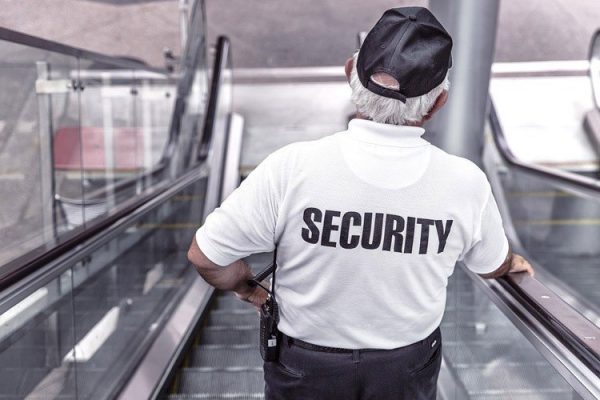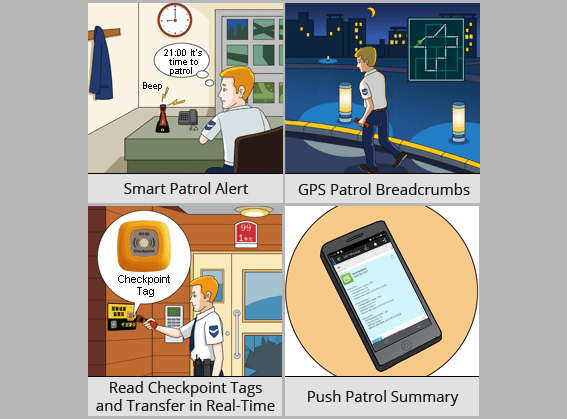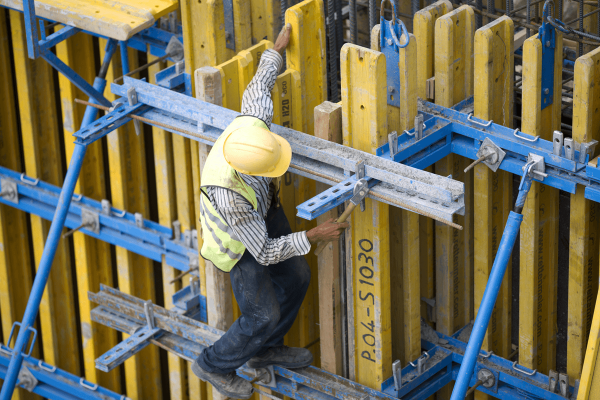
According to CareerCast, some of the most dangerous jobs are those where employees often work alone. The company reviewed government data to find that the most dangerous jobs include first responders (firefighters), health care (nursing assistants), and transportation (truck drivers). Many of these dangerous jobs involve lone workers, and those lone worker risks need to be mitigated.
Police Officer / Security Guards
Particularly when thinking about the night shift, security guards and police officers face huge risks. Many night shift officers interact with very few other individuals. A routine interaction can escalate into a dangerous confrontation, and officers in less dangerous settings may not always be ready for that. Moreover, if an officer suffers a common workplace injury like a slip and fall, it may take some time for help to arrive.
Corrections Officer
Corrections officers have a lot in common with security guards. Perhaps the biggest difference is they work in a more constrained environment and they deal with a lot of people, meaning inmates. Those inmates are their own risk factor, and corrections officers are the most injured government workers. Workplace assaults from inmates are the most common cause of injuries.
Farmers
Working alone tends to be the norm for farmers. Additionally, the majority of American farm operators are older and that creates its own set of risks, particularly the loss of vision, hearing, and strength. The most common form of death for farmers is a tractor rollover, but farmers also are frequently injured by farm equipment or livestock.
Construction Laborer
Laborers on a job site can have a variety of roles, and that makes it hard to exactly explain their risks. Most work in large groups, but some do spend a good deal of time alone on site and they risk falls, scaffold collapse, electric shock, and more.
Veterinarians
No matter how much we do to tame them, animals can still be unpredictable and dangerous. Veterinarians often make their rounds alone and can be injured by large and small animals alike, though those working with cattle tend to suffer the worst injuries.
Lone Worker Risk Mitigation with Lone Defender
Lone Defender can improve the performance of lone workers and help keep them safe. It is a small hand-held device that offers GPS tracking, man-down detection, a built-in scanner for patrol checkpoints, and more. The rugged device is ready for any weather and can withstand getting banged around on a job site. For employers, this device lets them know exactly where their workers are located at any given moment. It also facilitates direct two-way communication. For the workers, the device offers many useful safety features. This includes a panic button and automatic man-down detection. The device is able to detect if a worker falls and does not get back up, and it can automatically alert supervisors to the problem. This can save lives when time is of the essence and no other worker is around to see what happened.


